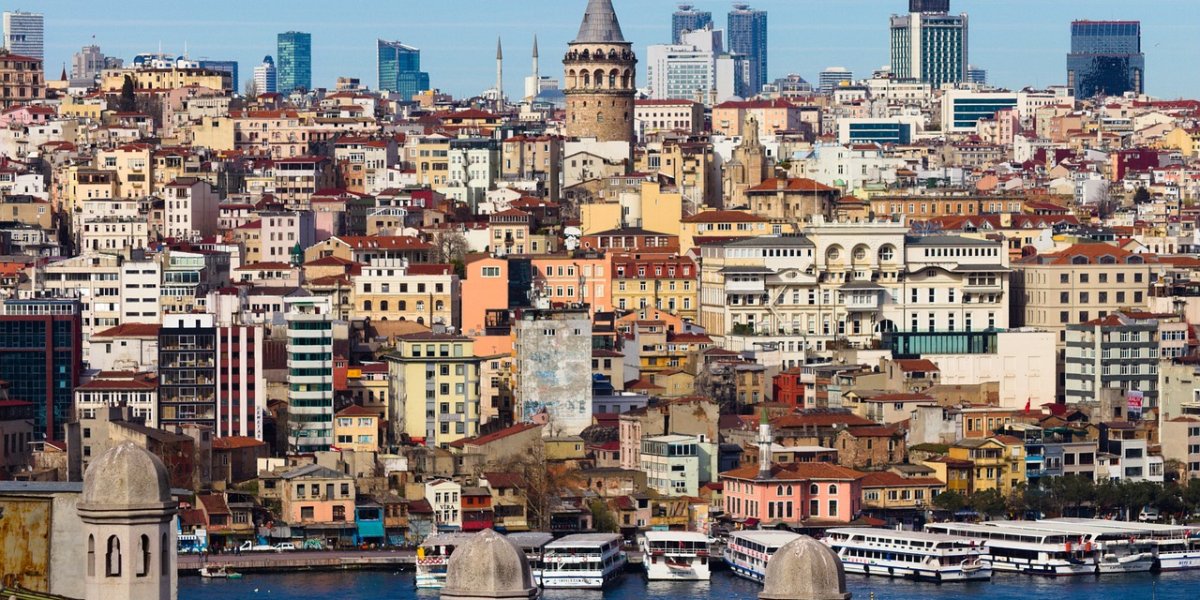
Where Is Istanbul, Turkey?
Welcome to the captivating city of Istanbul, Turkey. Nestled at the crossroads of Europe and Asia, this enchanting metropolis has been a cultural and historical epicenter for centuries. Its unique location, straddling the Bosporus Strait, grants it the distinction of being the only city in the world that spans two continents. With a rich heritage, breathtaking landmarks, and a vibrant atmosphere, Istanbul beckons you to explore its wonders.
Table of Contents
Introduction
Istanbul, Turkey, a city where East meets West, has fascinated travelers and historians for generations. Steeped in history, this sprawling metropolis has evolved into a vibrant blend of cultures, traditions, and modernity. Known for its stunning architecture, bustling bazaars, and warm hospitality, Istanbul offers a unique experience to all who visit.
Geographical Location
Situated at the intersection of the European and Asian continents, Istanbul is strategically located along the Bosporus Strait, connecting the Sea of Marmara to the Black Sea. The city's geographical coordinates are approximately 41.0082° N latitude and 28.9784° E longitude. Its prime location has made it a coveted hub for trade, culture, and politics throughout history.
Cultural Significance
Istanbul's cultural significance cannot be overstated. Once known as Constantinople, it served as the capital of the Roman, Byzantine, and Ottoman Empires. This rich history is reflected in the city's architecture, art, and traditions. The Hagia Sophia, for instance, stands as a testament to Istanbul's diverse heritage, having been a cathedral, mosque, and now a museum. The city's influence extends beyond its borders, shaping the culture of the entire region.
Landmarks
Istanbul boasts an array of iconic landmarks that capture its essence. The Blue Mosque, with its intricate blue tiles and impressive domes, is a masterpiece of Ottoman architecture. The Topkapi Palace offers a glimpse into the opulent lives of sultans, while the Grand Bazaar entices visitors with its labyrinthine lanes and vibrant array of goods. Don't miss the chance to take a cruise along the Bosporus to witness the city's skyline in all its glory.
Questions & Answers
How did Istanbul get its name?
Istanbul's name has a fascinating history. It was originally known as Byzantium in antiquity, later becoming Constantinople under Roman rule. In 1930, the city was officially renamed Istanbul, a name derived from the Greek phrase "eis ten polin," meaning "into the city."
What is the significance of the Bosporus Strait?
The Bosporus Strait is not only a physical divider between Europe and Asia but also a cultural and economic bridge that has facilitated trade and cultural exchange for centuries.
Is Istanbul the capital of Turkey?
No, Ankara is the capital of Turkey. However, Istanbul remains a crucial center of culture, history, and commerce within the country.
What is the best way to explore the city?
Exploring Istanbul is best done on foot and using public transportation. The city's efficient tram and metro systems make it easy to navigate between key attractions.
Are there any UNESCO World Heritage Sites in Istanbul?
Yes, Istanbul is home to several UNESCO World Heritage Sites, including the Historic Areas of Istanbul, the Hagia Sophia, and the Archaeological Site of Troy, located nearby.
Conclusion
In conclusion, Istanbul, Turkey, holds a unique place in the world as a city that straddles two continents, blending history, culture, and modernity in an awe-inspiring manner. Its geographical location, cultural significance, and breathtaking landmarks make it a must-visit destination for travelers seeking a one-of-a-kind experience. From the bustling bazaars to the serene beauty of the Bosporus, Istanbul's allure is undeniable, offering a journey through time and across continents.
So, pack your bags and embark on a journey to Istanbul – a city where tradition meets innovation, and the past seamlessly merges with the present.
